Anatomy Of The Liver
The inferior vena. The liver does this by receiving blood with nutrients from the digestive organs via a vein known as the portal vein.
 Basics Of Liver Function And Physiology Pbl3theliver Wiki
Basics Of Liver Function And Physiology Pbl3theliver Wiki
Shaped like a cone the liver is a dark reddish brown organ that weighs about 3 pounds.
Anatomy of the liver. The cranial part forms the diaphragm. The gallbladder sits under the liver along with parts of the pancreas and intestines. The liver is a roughly triangular organ that extends across the entire abdominal cavity just inferior to the diaphragm.
The liver is an accessory digestive organ that produces bile a fluid containing cholesterol and bile acids and an alkaline compound which helps the breakdown of fat. At any given moment the liver holds about 13 percent. Bile aids in digestion via the emulsification of lipids.
Embryologically the liver grows as a ventral diverticulum from the junction of foregut and the midgut into the ventral mesogastrium the caudal part of the septum transversum. The same diverticulum forms the gallbladder and bile ducts as well. The liver is made of very soft pinkish brown tissues encapsulated by a connective tissue capsule.
Coronary ligament anterior and posterior folds attaches the superior surface of the liver to the inferior. The liver has two lobes the right and the left. Anatomy of the liver the liver is located in the upper right hand portion of the abdominal cavity beneath the diaphragm and on top of the stomach right kidney and intestines.
The liver is a large organ that sits on the right hand side of the belly. Most of the livers mass is located on the right side of the body where it descends inferiorly toward the right kidney. The liver has two large sections called the right and the left lobes.
Anatomy of the liver the liver is an organ in the upper right hand part of your abdomen. Portal vein and hepatic artery. It sits under the diaphragm and on top of the stomach right kidney and intestines.
The many cells of the liver known as hepatocytes accept and filter this blood. Ligaments of the liver falciform ligament this sickle shaped ligament attaches the anterior surface of the liver to the anterior abdominal wall and forms a natural anatomical division. Anatomy of the liver gross anatomy.
The liver and these organs work. The hepatic duct transports bile produced by the liver cells. Parts that make up the liver lobules.
The liver is the bodys largest internal organ. The liver is an essential organ that has many functions in the body including making proteins and blood clotting factors manufacturing triglycerides and cholesterol glycogen synthesis and bile production.

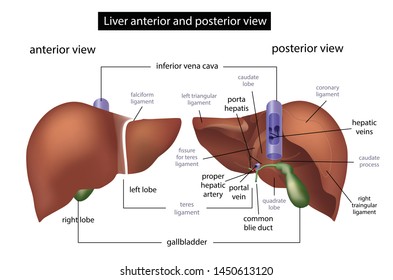 Royalty Free Liver Anatomy Stock Images Photos Vectors
Royalty Free Liver Anatomy Stock Images Photos Vectors
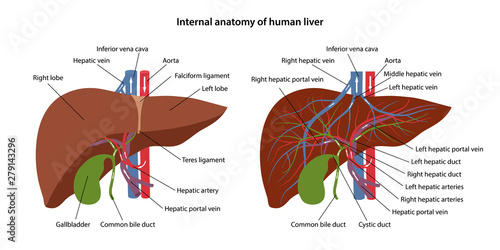 Internal Anatomy Of Human Liver With Description Of The
Internal Anatomy Of Human Liver With Description Of The
 Surfaces And Bed Of Liver Anatomy Liver Anatomy Human
Surfaces And Bed Of Liver Anatomy Liver Anatomy Human
 International Liver Transplantation Society Couinaud S
International Liver Transplantation Society Couinaud S
 Cartoon Of Human Liver Anatomy
Cartoon Of Human Liver Anatomy
 Pdf Clinical Anatomy Of Liver And Anamolies And It S
Pdf Clinical Anatomy Of Liver And Anamolies And It S
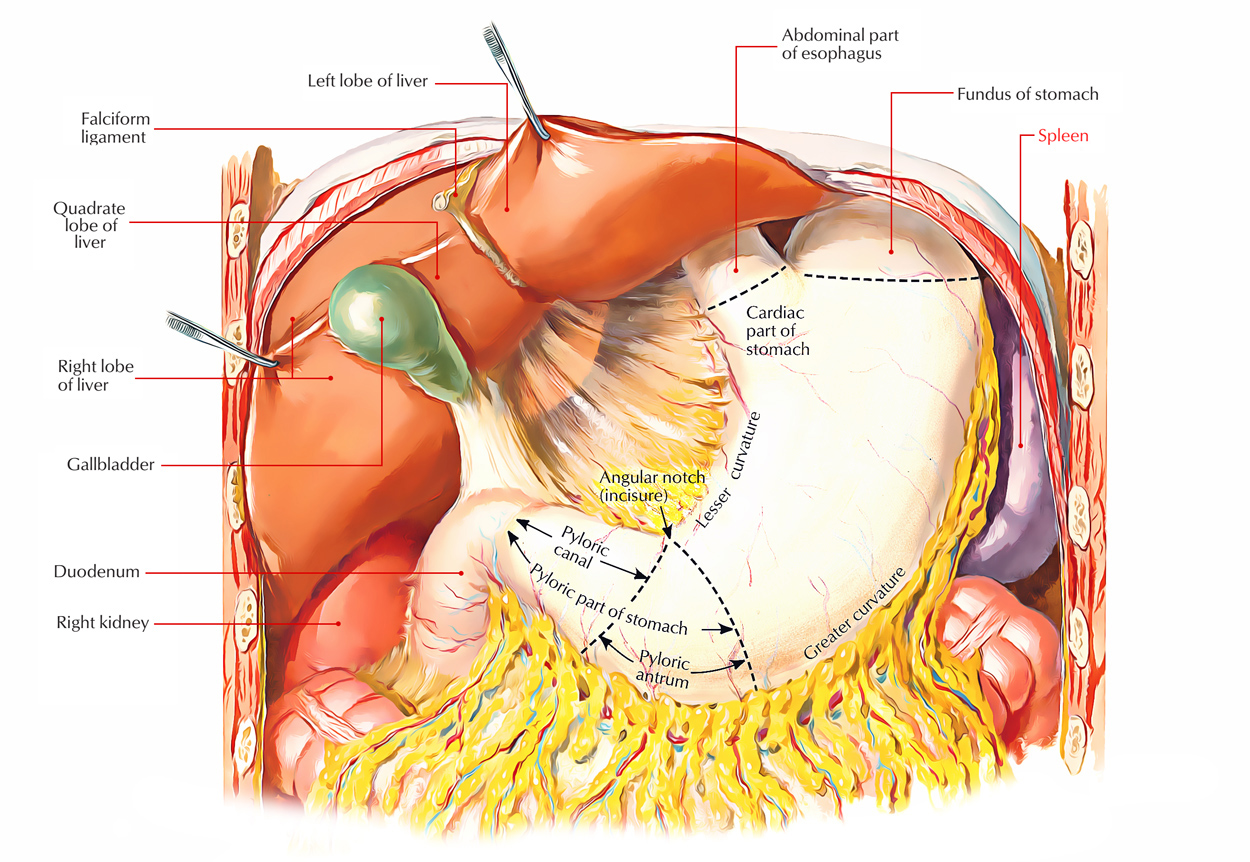 Easy Notes On Liver Learn In Just 4 Minutes Earth S Lab
Easy Notes On Liver Learn In Just 4 Minutes Earth S Lab

 Anatomy Of The Liver Sciencedirect
Anatomy Of The Liver Sciencedirect
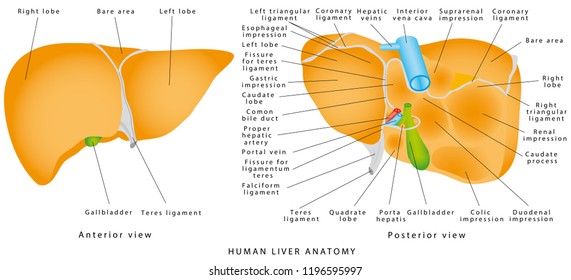 Royalty Free Liver Anatomy Stock Images Photos Vectors
Royalty Free Liver Anatomy Stock Images Photos Vectors
 The Liver Lobes Ligaments Vasculature Teachmeanatomy
The Liver Lobes Ligaments Vasculature Teachmeanatomy
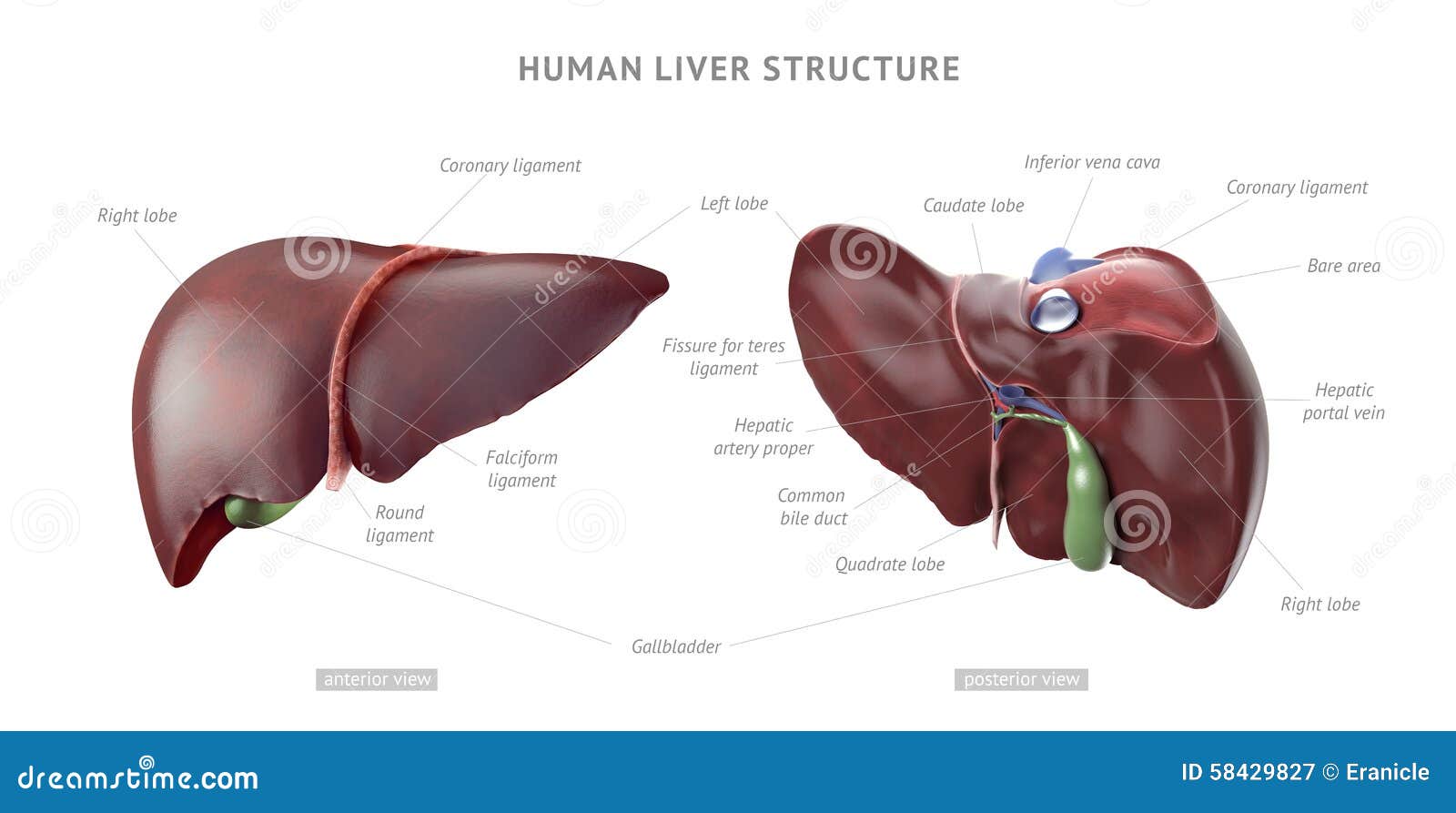 Human Liver Anatomy Stock Illustration Illustration Of
Human Liver Anatomy Stock Illustration Illustration Of
 Medical Textbook In The Net Liver Anatomy
Medical Textbook In The Net Liver Anatomy
 Lab 7 Real Anatomy Of Human Liver Posterior Diagram Quizlet
Lab 7 Real Anatomy Of Human Liver Posterior Diagram Quizlet
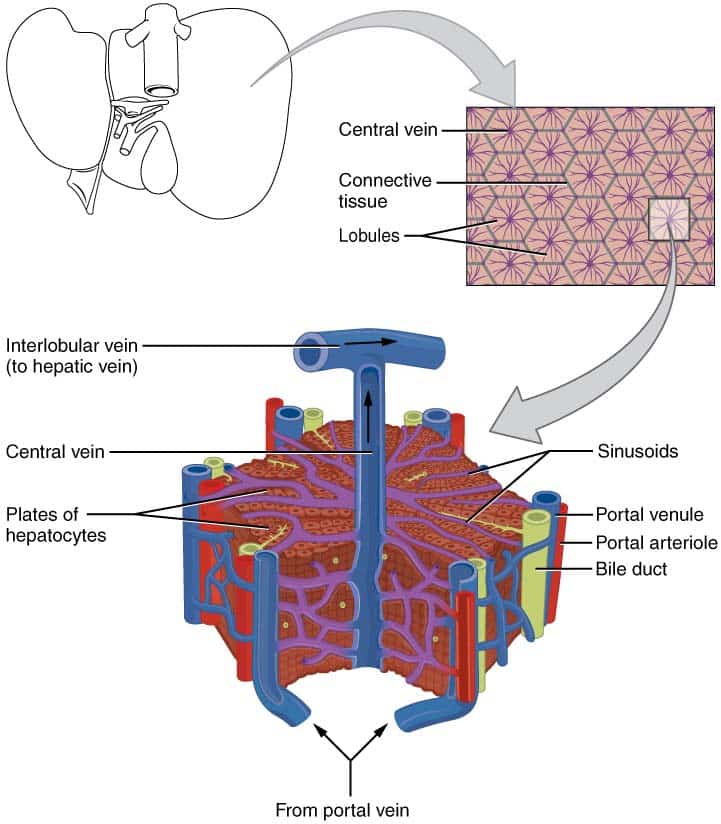 The Liver Lobes Ligaments Vasculature Teachmeanatomy
The Liver Lobes Ligaments Vasculature Teachmeanatomy
1 Liver Anatomy A Position Of The Liver And Neighboring
 Describe The Gross And Microscopic Anatomy Of The Liver
Describe The Gross And Microscopic Anatomy Of The Liver
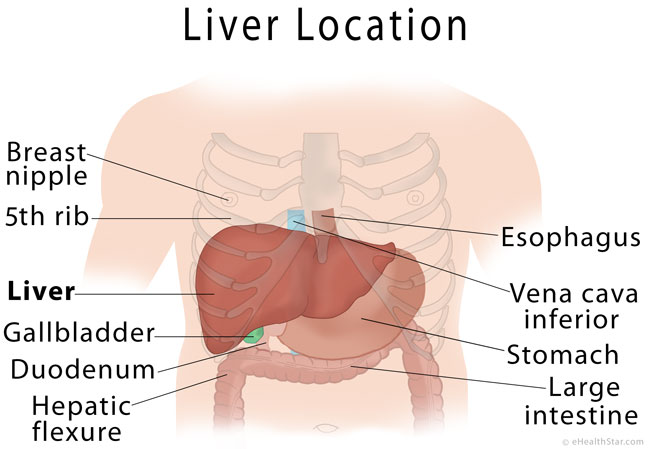 Liver Anatomy Location And Function Ehealthstar
Liver Anatomy Location And Function Ehealthstar
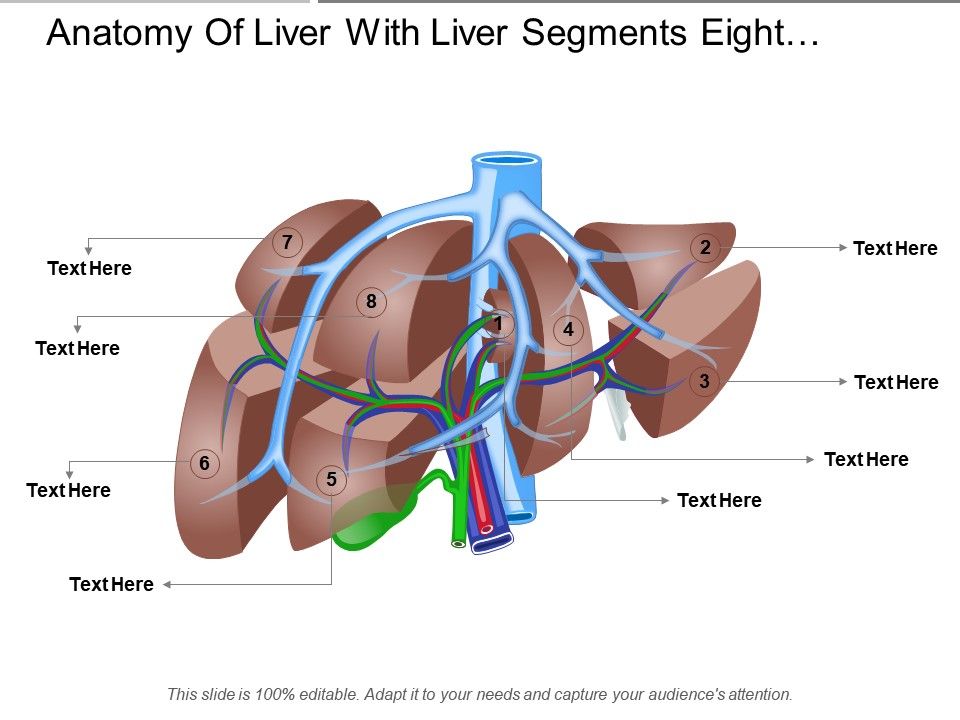 Anatomy Of Liver With Liver Segments Eight Segments
Anatomy Of Liver With Liver Segments Eight Segments
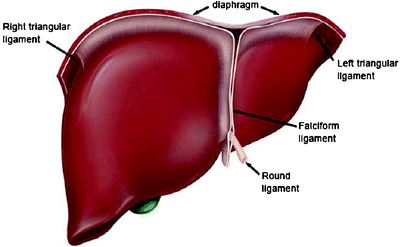 Gross And Cellular Anatomy Of The Liver Springerlink
Gross And Cellular Anatomy Of The Liver Springerlink
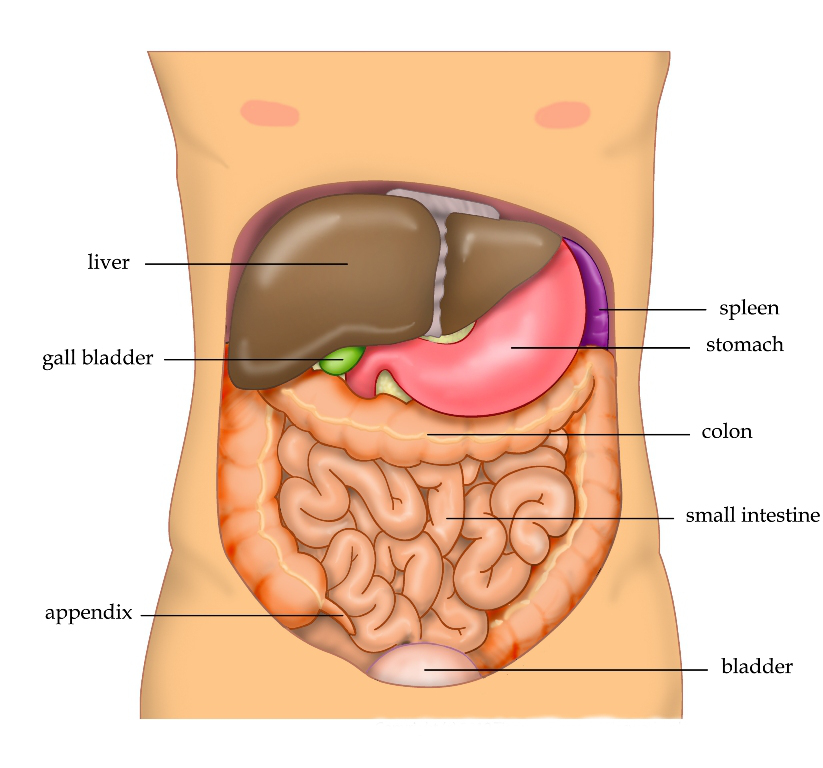


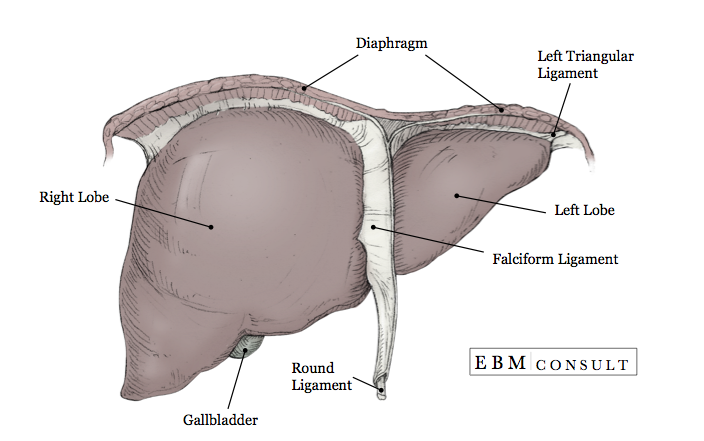
Belum ada Komentar untuk "Anatomy Of The Liver"
Posting Komentar